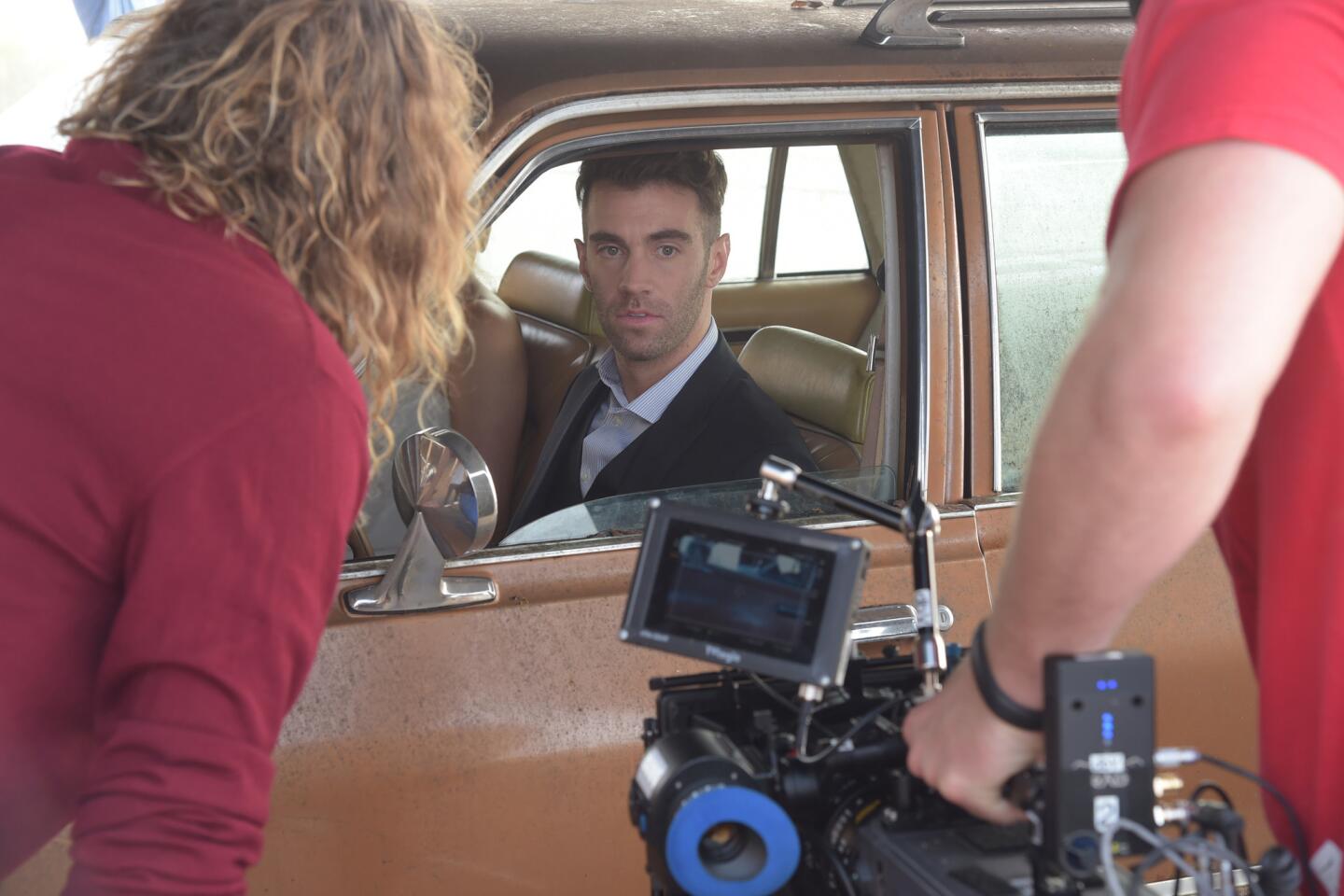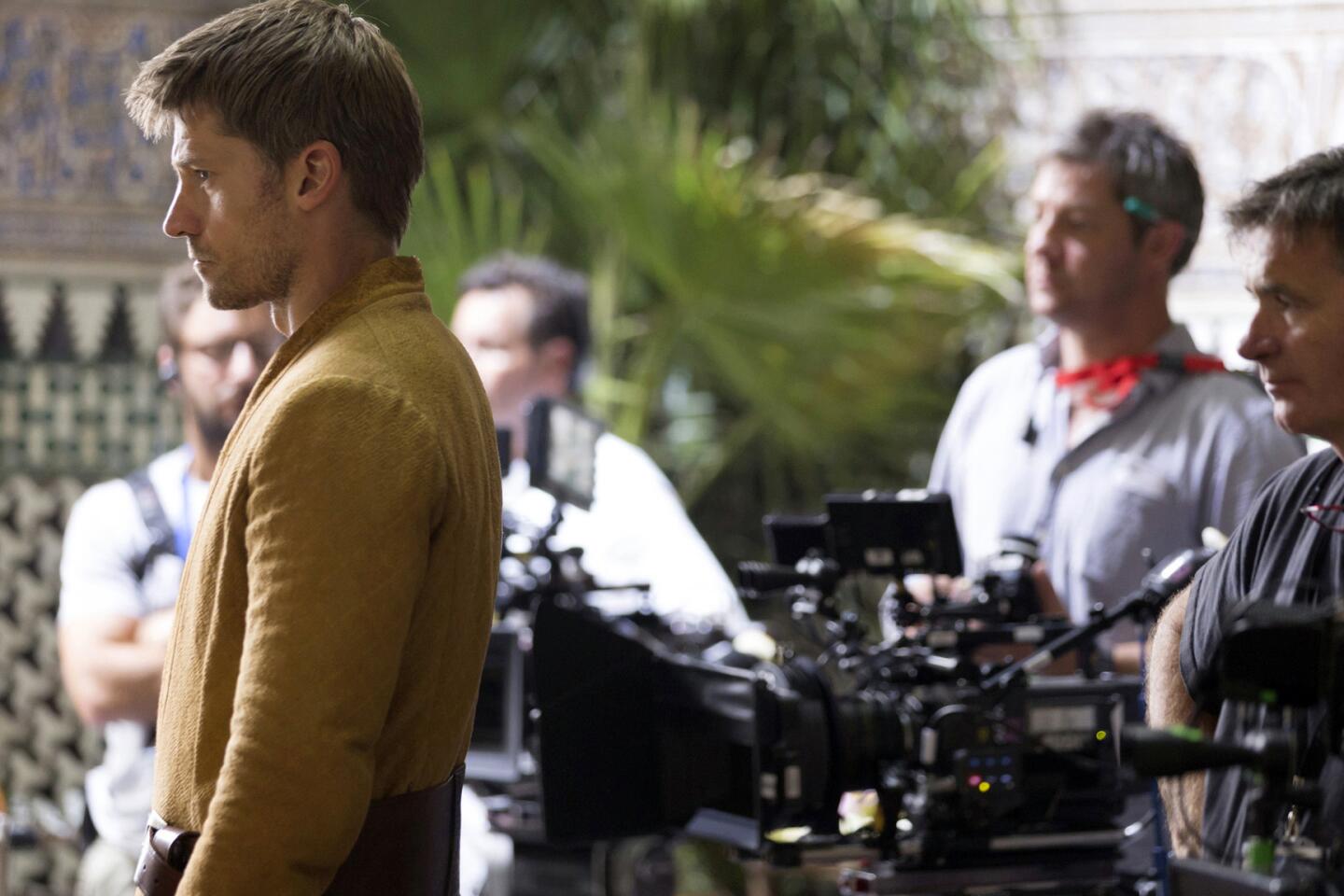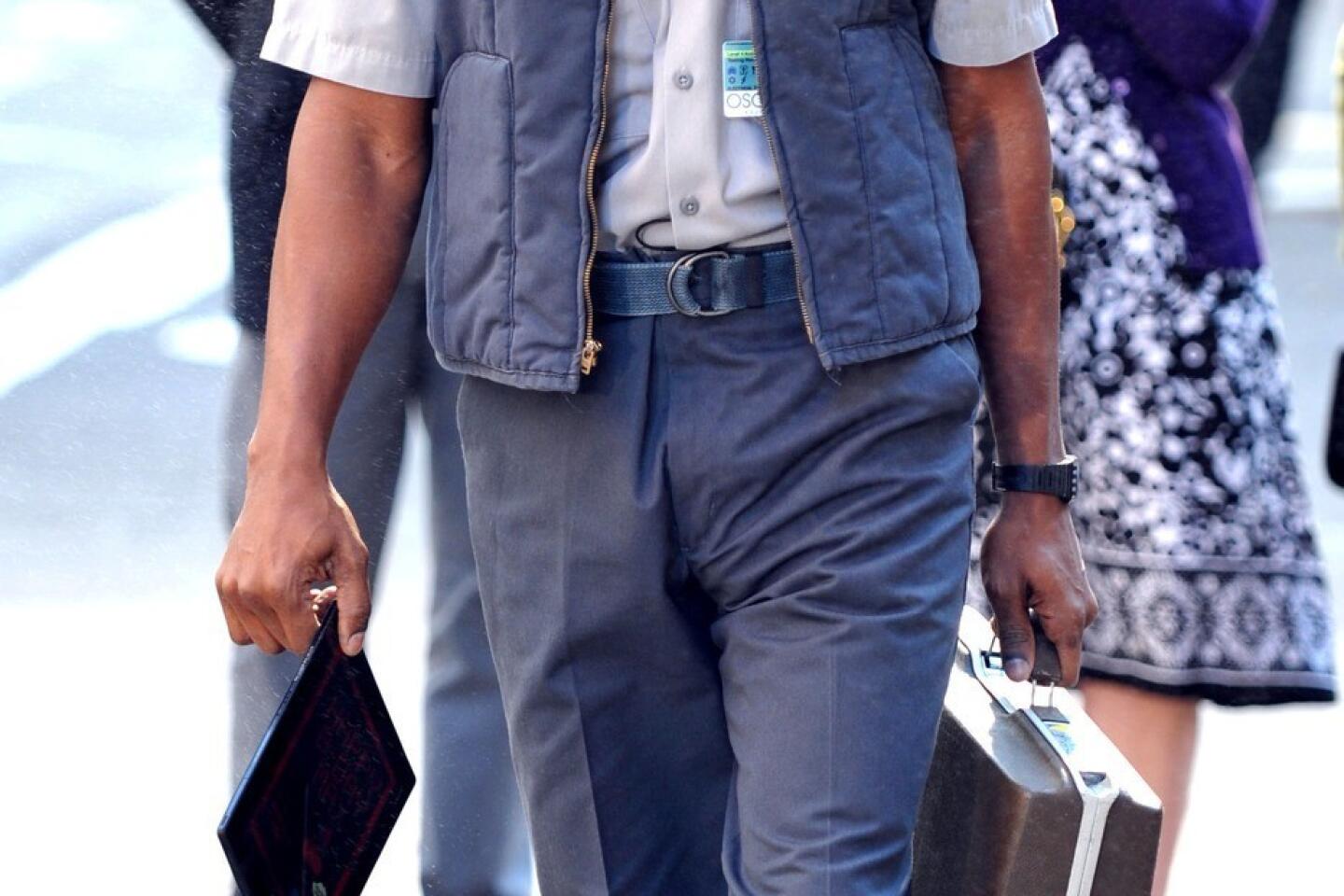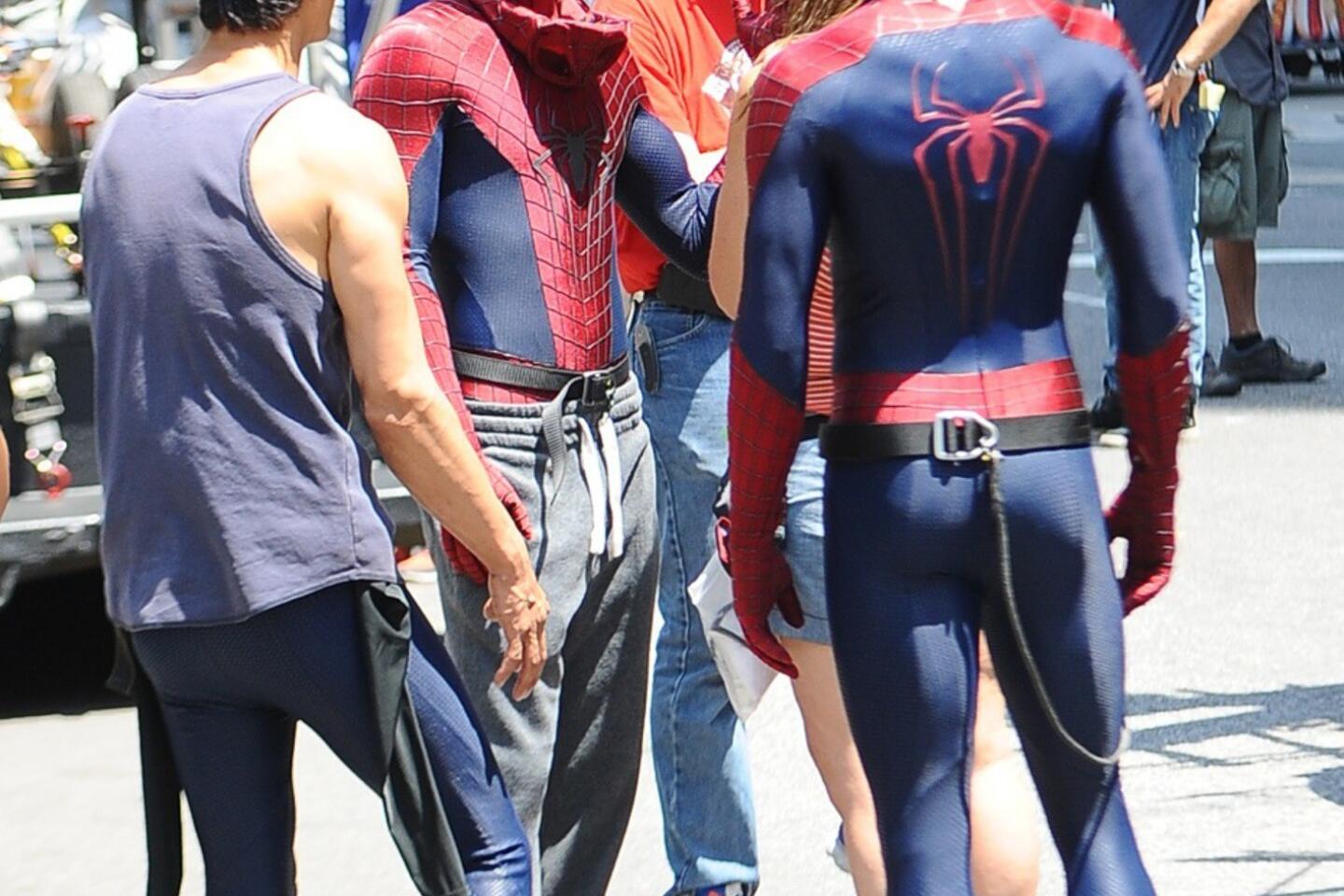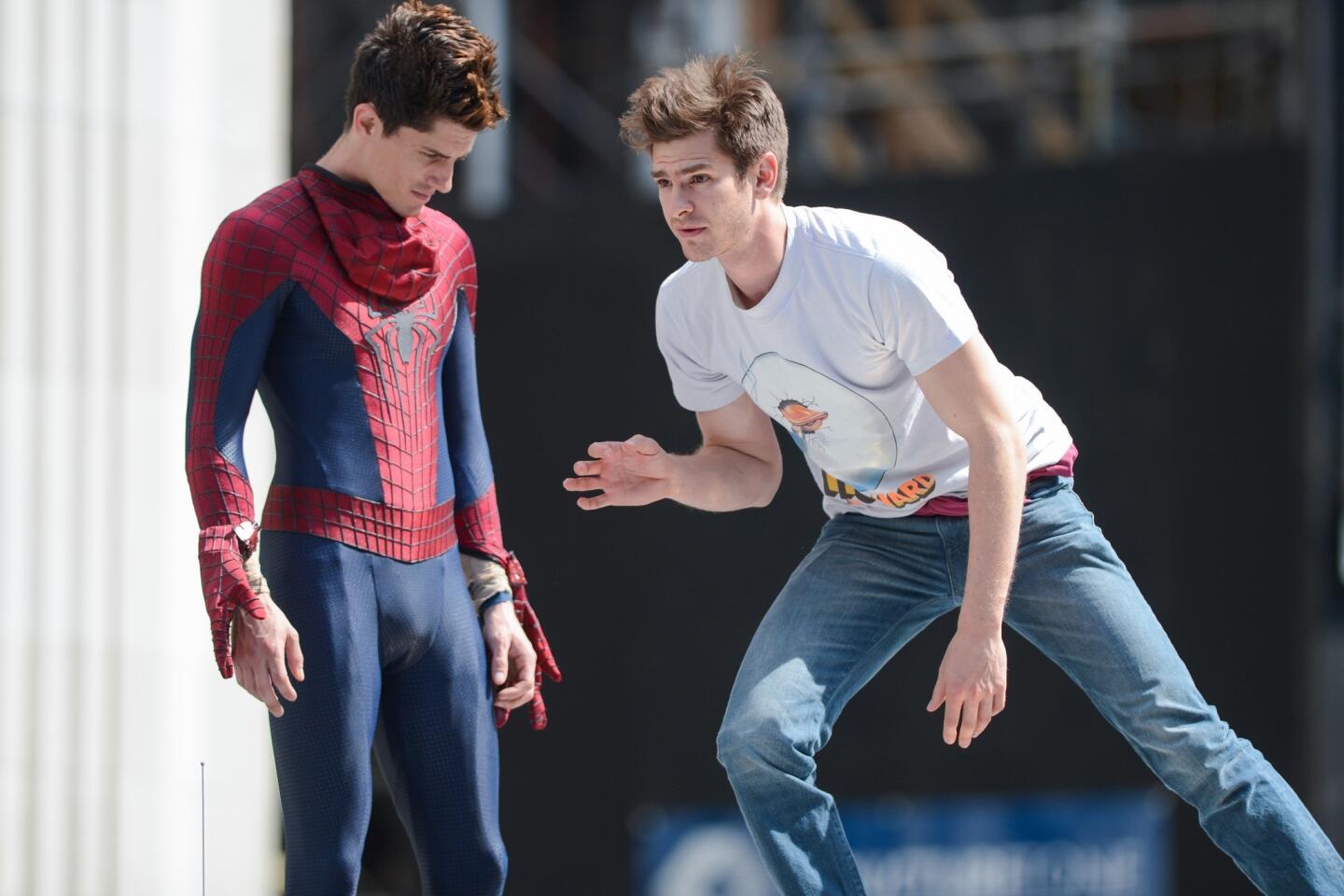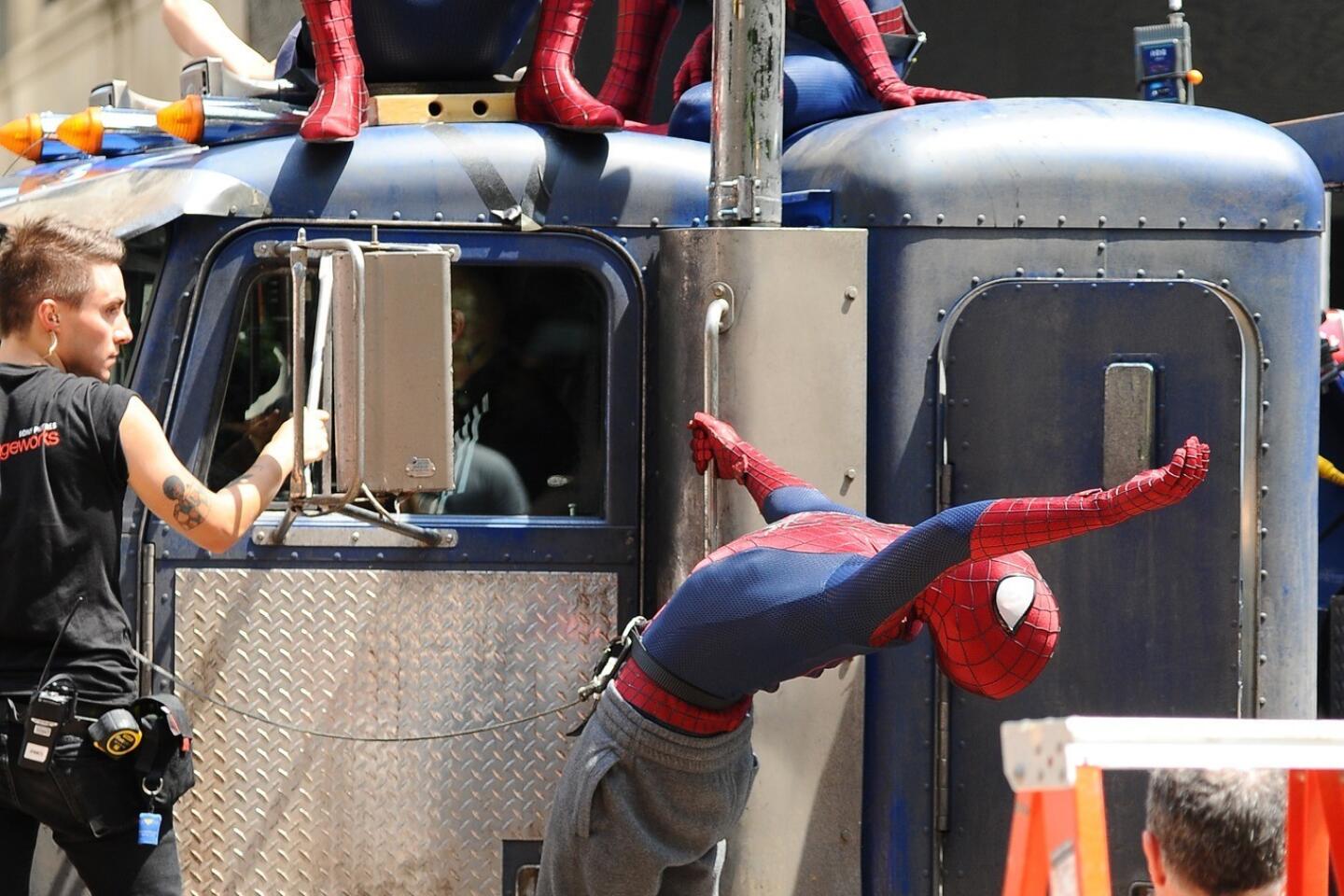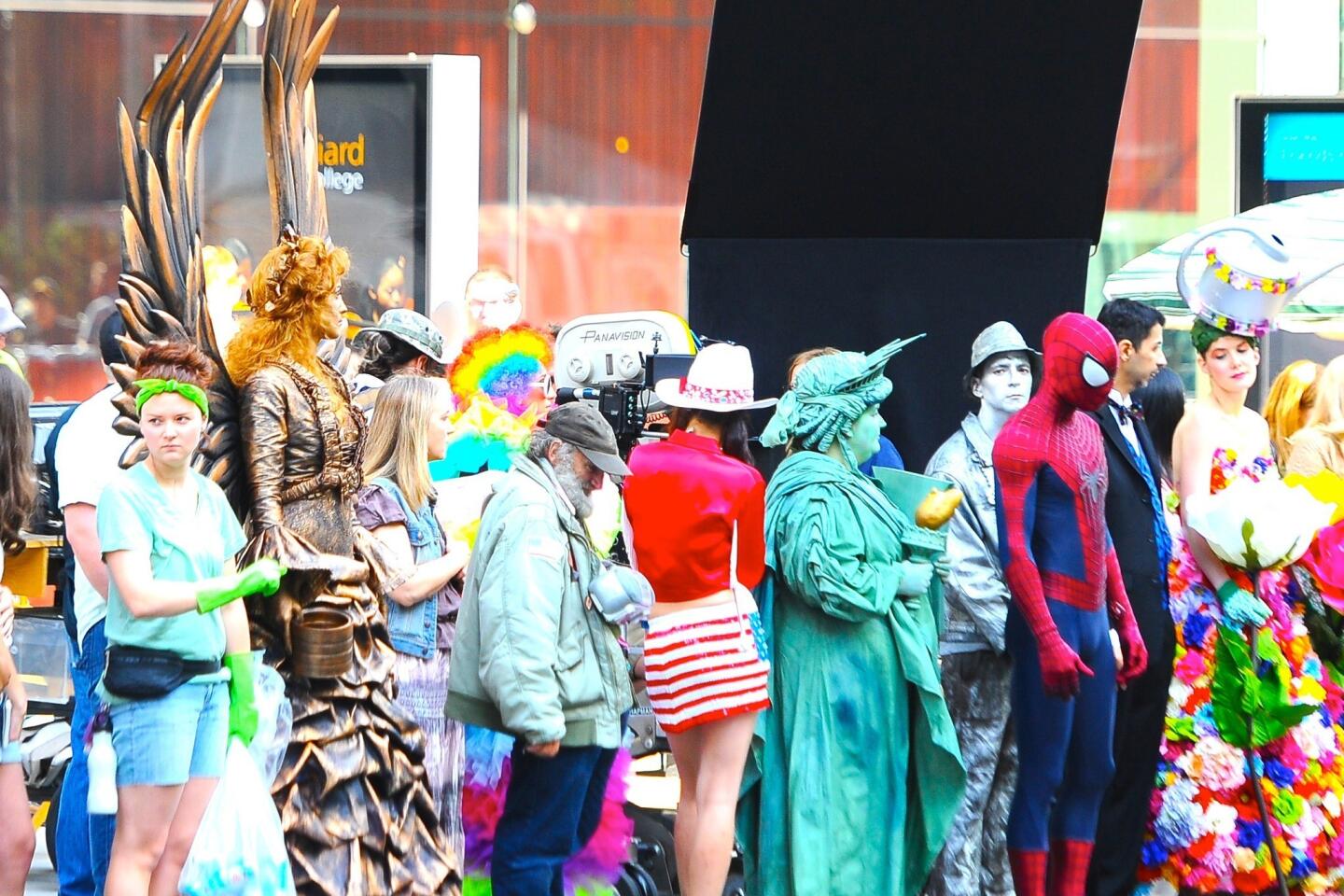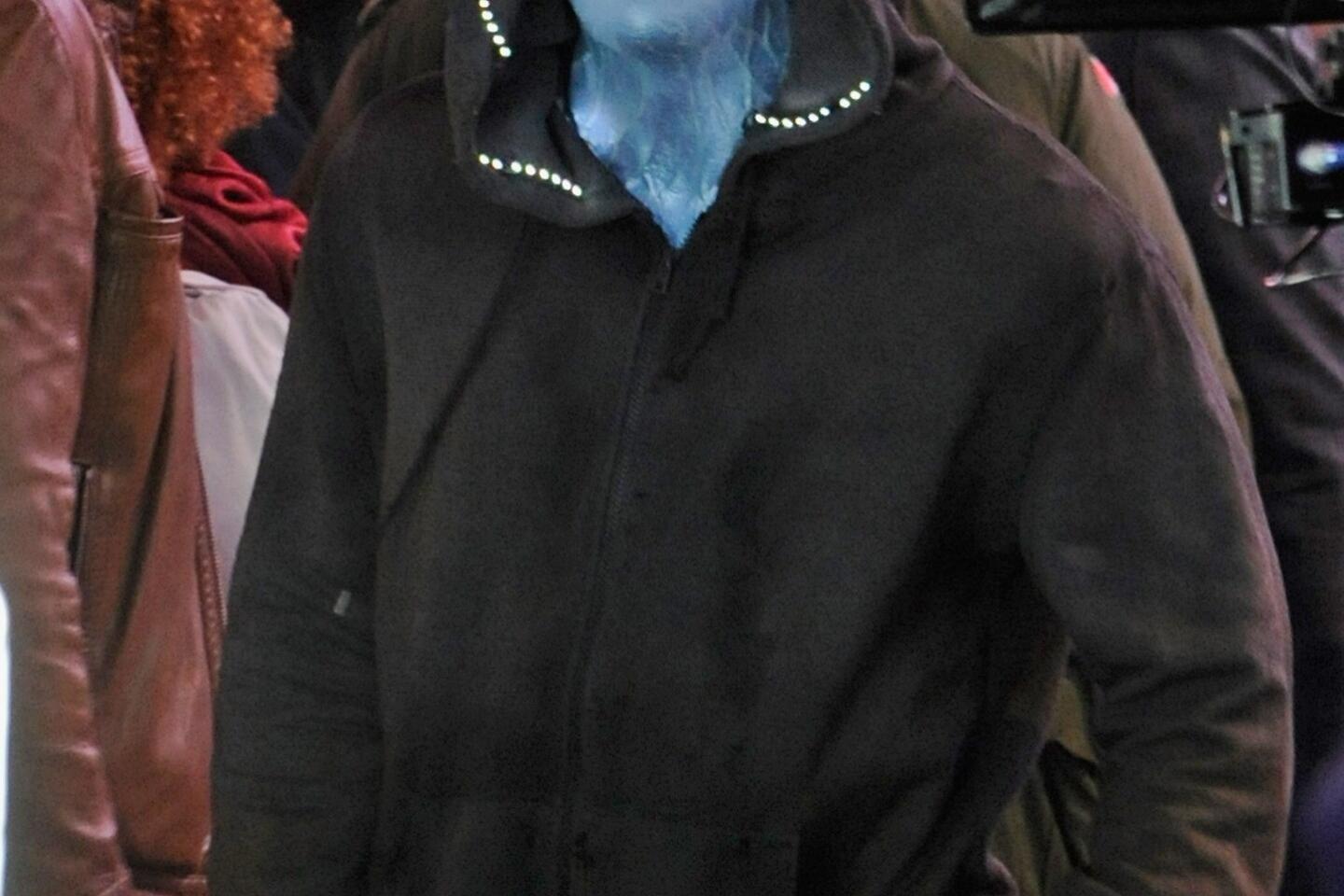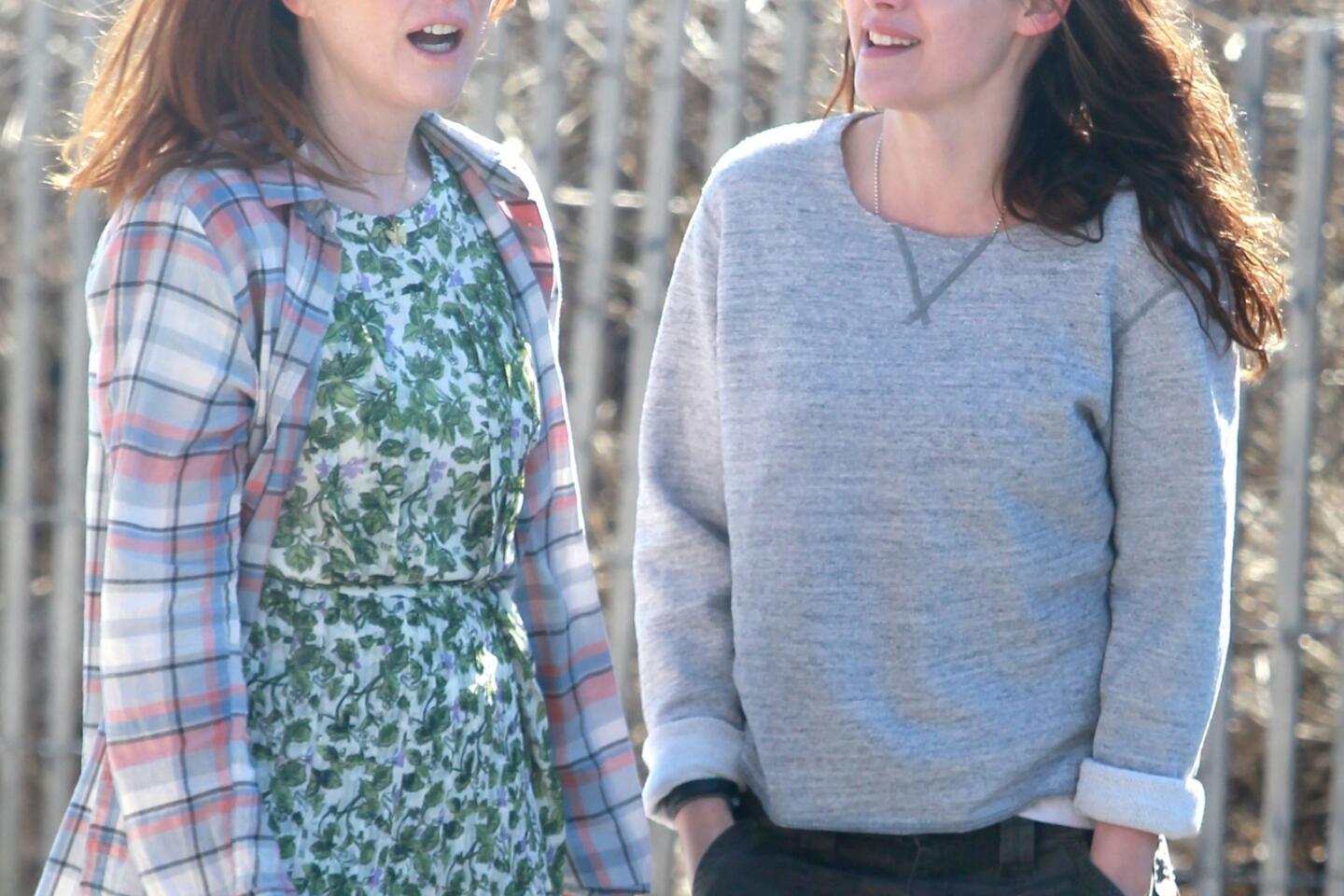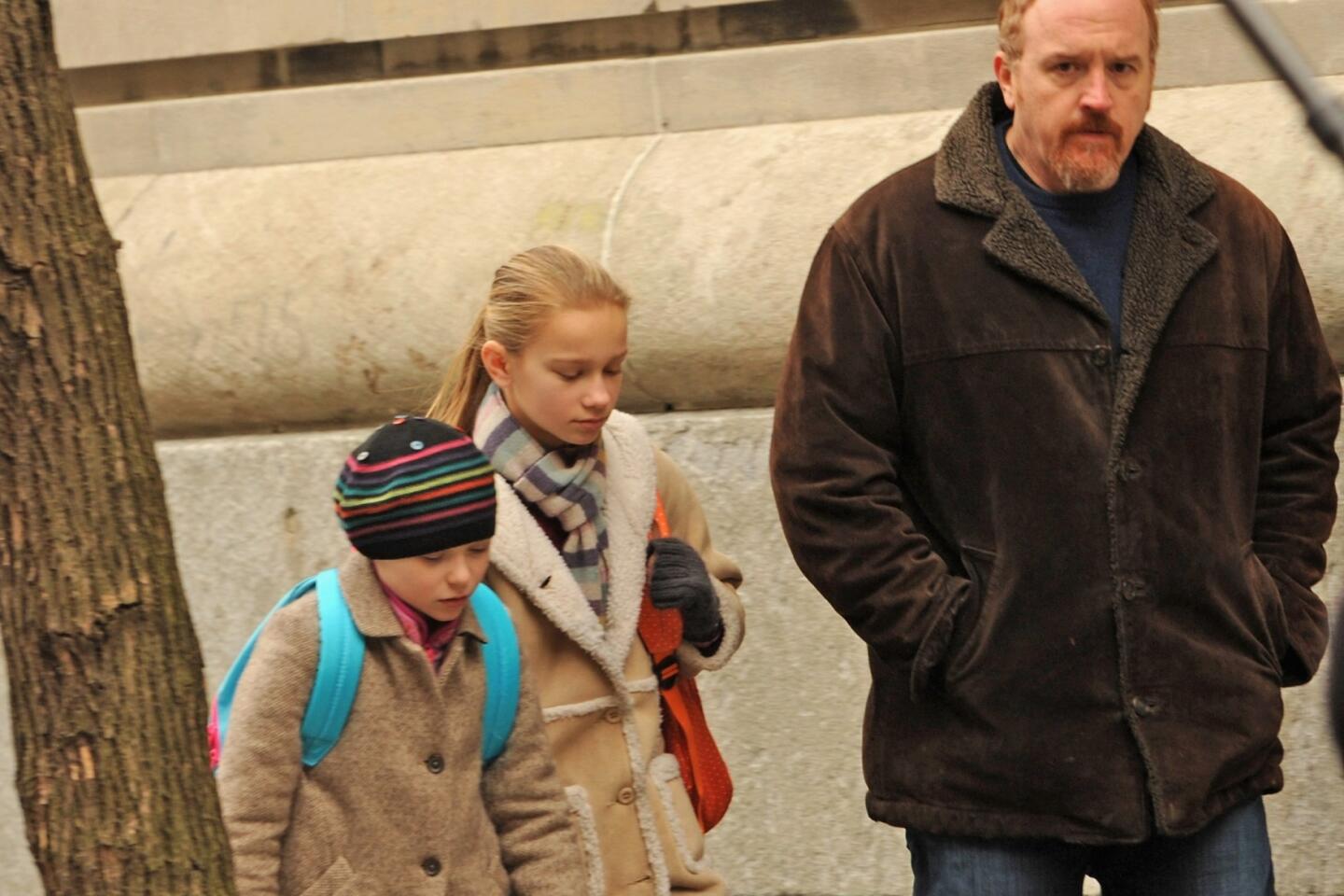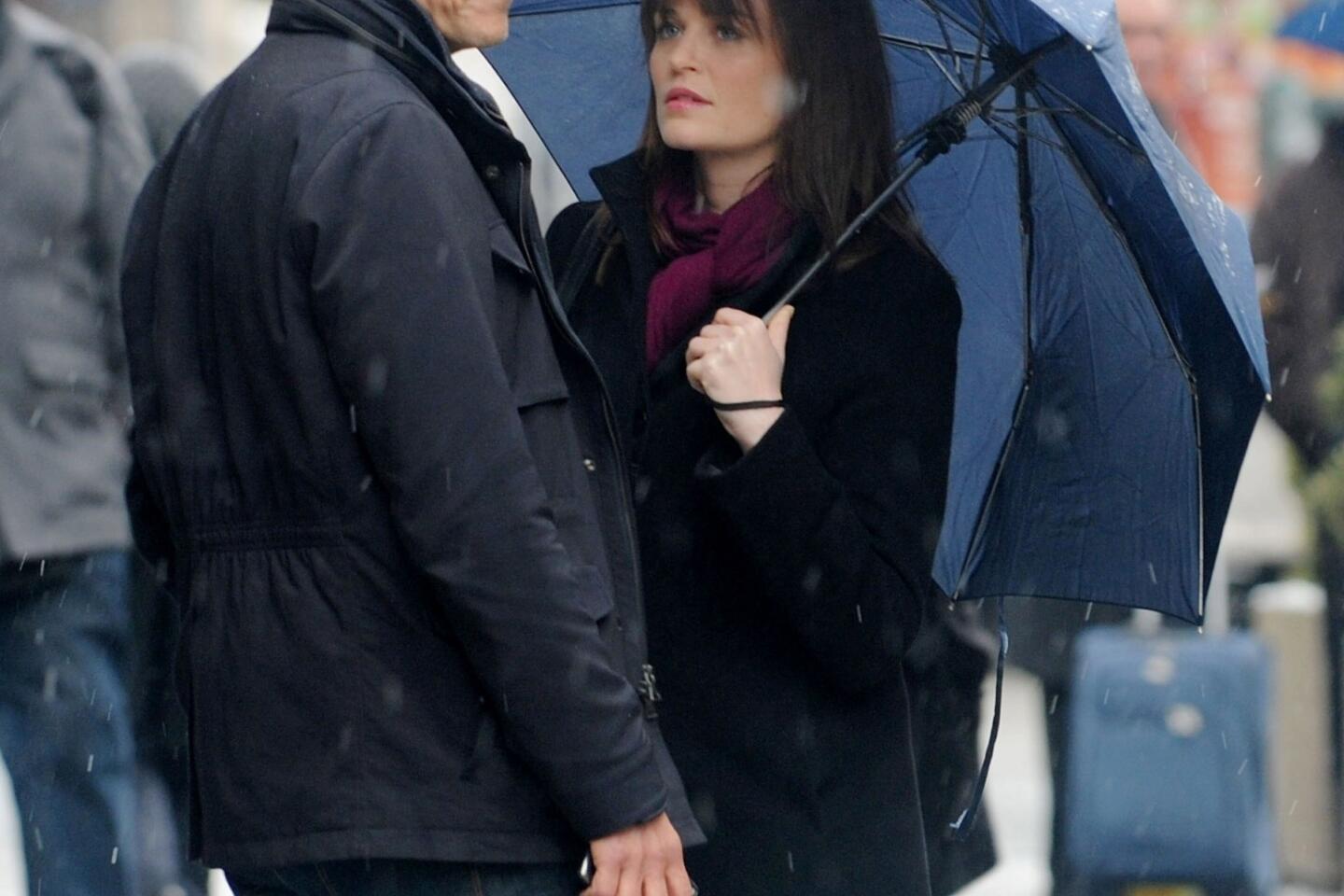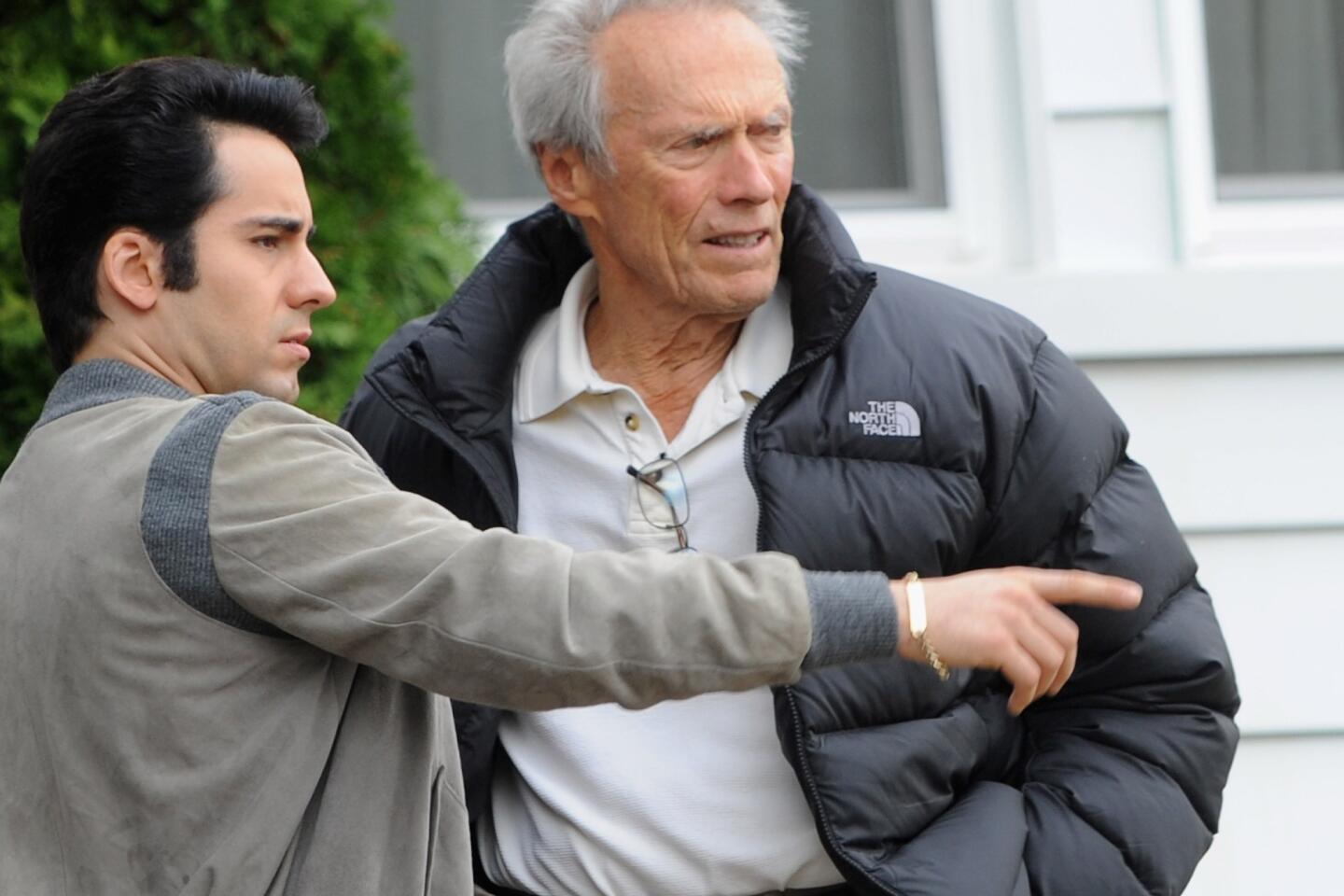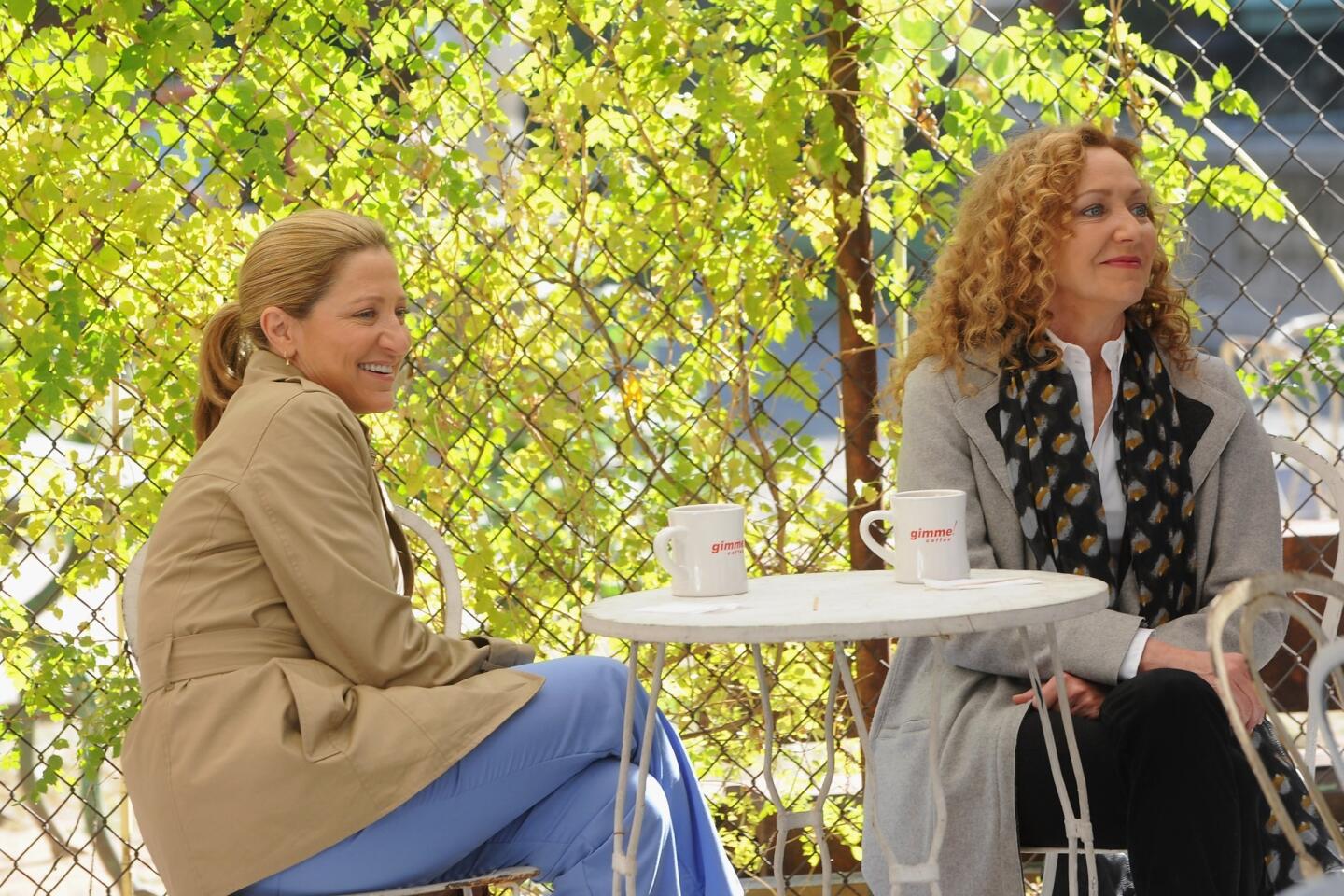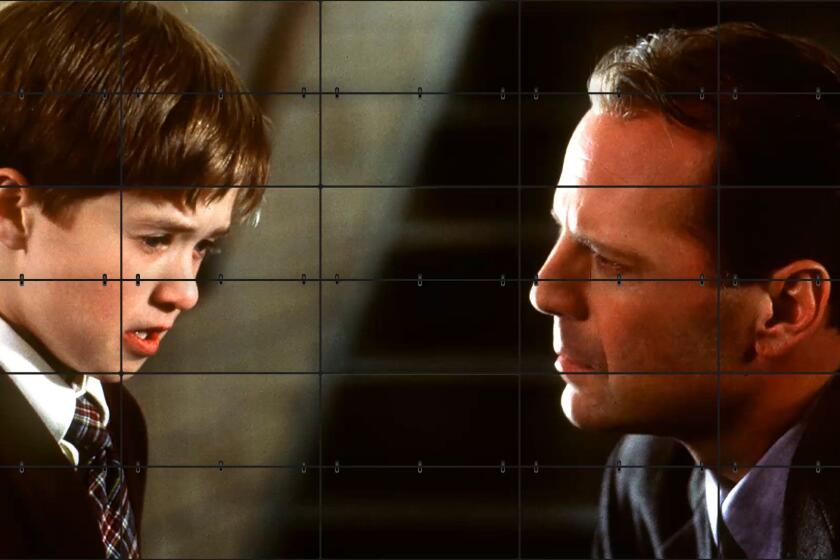Review: ‘Twenty Feet From Stardom’ puts backup singers center stage
Their voices are powerful enough to tear you apart and put you back together again, and their stories will do the same. But when you call them backup singers, you better smile.
That’s because the performers in the infectious and irresistible “Twenty Feet From Stardom” are willing and able to outsing any solo act in sight and are not shy about letting you know it. “There is a power to what it is we do, but no one has acknowledged it,” says singer Janice Pendarvis. No one until now.
Veteran director Morgan Neville (“Troubadours”) took the idea offered by the late Gil Friesen, longtime president of A&M Records, and has made a moving and joyous behind-the-scenes documentary about a world filled with big, bold personalities and the music they make. These women (and they are mostly women) sing in a way that is transformative for us, and, it turns out, for them as well.
Neville interviewed more than 50 people for this film, including articulate major stars like Mick Jagger, Stevie Wonder, Bruce Springsteen and Sting, but the people with the stories and personalities you remember turn out to be the handful of women who made and remade the backup world in their image. When you say names like Darlene Love, Merry Clayton and Lisa Fischer, you are conjuring up entire universes of sound.
Though each is very much her own person, backup singers often have things in common. Many of them are preacher’s daughters who grew up with the call and response of church services while figuring out where their voices fit into a choir. And, whether they had aspirations to be soloists or not, they all enjoyed being part of the almost mystical way backup voices blend into a whole.
In the early years of pop music, backup singers were usually white, a situation that changed in the 1960s when Love (“a vocal powerhouse,” says Springsteen) and the Blossoms broke the color barrier, singing with everyone from James Brown to Frank Sinatra and putting an intensity of feeling into their work that was new to the field.
Love did some on her most iconic singing on Phil Spector-produced singles, but the producer treated her as a ghost vocalist, using her voice on records that went out under other names. Even though the Crystals got the credit, it’s Love’s voice, for instance, singing lead on the classic “He’s a Rebel” — the song had almost reached No. 1 before that group even heard it.
Fed up with this kind of treatment, Love quit the business for several years and cleaned houses to support herself before reviving her career with a move to New York. When she was inducted into the Rock and Roll Hall of Fame in 2011, Bette Midler said, “about time too.”
Just as dramatic a presence is Merry Clayton, who started as one of Ray Charles’ background singers: When she says, “I willed myself to be a Raelette,” you believe it.
Clayton has one of “Twenty Feet’s” most dramatic stories, telling how she was called in the middle of the night in 1969. She showed up at a Hollywood recording studio in curlers, silk pajamas and a mink coat to work with a British group she’d never heard of: the Rolling Stones.
PHOTOS: Celebrities by The Times
The song turned out to be “Gimme Shelter,” and Clayton’s stark rendering of “rape, murder, it’s just a shot away” has Jagger shaking his head in awe to this day. “I’m gonna blow them out of this room” is Clayton’s memory of her state of mind, and so she did.
Both Love and Clayton made stabs at solo careers, but as “Twenty Feet” makes clear, whether those attempts succeed are as much a function of intangibles as anything specific.
“It’s circumstance, luck, destiny, I don’t know what,” says Sting, while Springsteen offers a measured analysis: “It’s a bit of a walk from back by the drummer. A walk to the front is complicated. It’s more of a mental leap than a physical act of singing. It’s a conceptual leap.”
Though “Twenty Feet” talks to other singers whose solo careers faltered, as well as spending time with the young Judith Hill, who got a break singing “Heal the World” at Michael Jackson’s memorial and is trying to make the transition, in some ways the film’s most memorable singer is a woman who made the break and then went back.
That would be the prodigiously gifted Lisa Fischer, sometimes known as the Empress, who won a Grammy for one of the songs on her debut album but decided she didn’t have the kind of ego necessary for a solo career and returned to background gigs with artists like Sting and the Rolling Stones. For her, background singing seems to function as a kind of higher calling, and the grace of “Twenty Feet From Stardom” is that it allows you to see why.
‘Twenty Feet From Stardom’
Unrated
Running time: 1 hour, 30 minutes
Playing: At Landmark, West Los Angeles
More to Read
Only good movies
Get the Indie Focus newsletter, Mark Olsen's weekly guide to the world of cinema.
You may occasionally receive promotional content from the Los Angeles Times.
